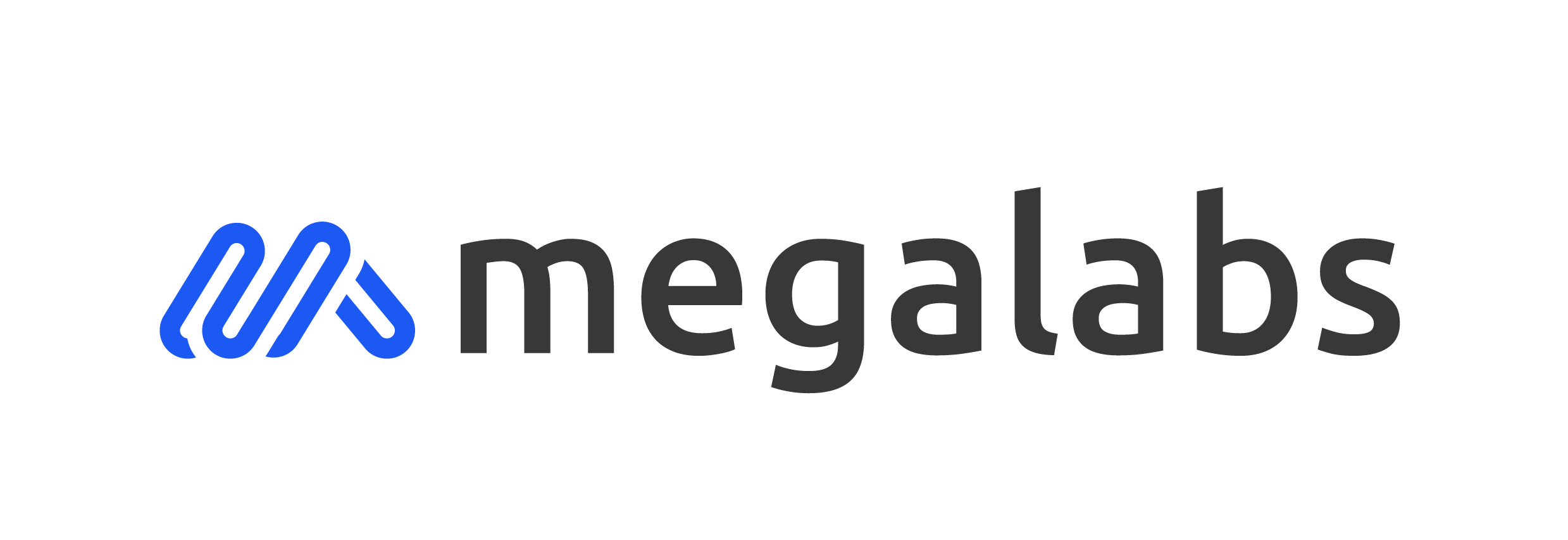Artificial intelligence (AI) has become increasingly prevalent across a variety of industries recently. Education is no exception as AI continues to reshape educational systems with improved methods. In this article, we’ll examine how AI affects learning and education as well as its possible ramifications for teachers, students, and future implications if you work or attend educational institutions – whether as teachers, students, or anyone related. Let’s begin by uncovering AI in education and its benefits to this field!
Benefits of AI in Education
AI refers to machines imitating human intelligence. It improves education by personalizing teaching strategies for each student to equip them with essential life skills.
Let’s examine further these benefits of AI use within this realm of study.
1.Personalized Learning
Contrasting the traditional approach to schooling, AI tailors teaching according to each student’s individual learning abilities. AI platforms analyze each student’s natural talents, aptitudes, and learning preferences before developing personalized educational content based on these findings.
With machine learning algorithms and natural language processing technology supplying personalized learning paths and resources based on an AI system’s learning trajectory – continuously adapting – AI systems offer adaptive education that empowers them to progress at their own pace while producing better academic performance results.
Advantages of Personalized Education
Customized learning has many advantages. According to studies, personalized teaching outperformed more traditional methods with significantly better results than its counterpart. AI in education also offers targeted assistance and helps address students’ weak areas more efficiently.
Traditional classroom settings often make it challenging for teachers to meet each of their students individually, especially introverted or underconfident pupils who fail to ask questions and engage fully with lectures, while more prominent pupils receive the most attention.
AI-powered personalized education provides an effective solution – each student receives tailored education and attention and can ask any queries via chatbots or virtual assistants.
2.Adaptive Assessments
Adaptive assessments are another advancement of personalized learning that utilizes AI algorithms to evaluate skill levels, natural capabilities, learning styles, and subject/topic understanding to provide customized test questions suited for each student.
Benefits of Adaptive Assessments
As students proceed through assessments, AI systems gather a lot of data regarding student performance. They assess factors like accuracy, speed, and complexity of questions to gather an evaluation of learner strengths and weaknesses as well as determine the academic expertise levels of individuals taking assessments. With this data in hand, questions that target weaknesses in each student can then be designed.
Adaptive assessments offer immediate feedback. Conventional tests must be checked manually by an educator, with results collected and delivered a lot later; this method limits its effectiveness as it weakens neural circuitry that leads to better content retention. Adaptive assessments offer immediate feedback which strengthens neural circuitry for greater content retention.
Contrary to traditional approaches which treat everyone equally, adaptive technology aims to identify and address individual pain points of all individuals.
3.Enhance Efficiency
AI offers numerous industries – including education – numerous advantages by automating repetitive tasks. This frees up both time and human resources that can then be applied more productively elsewhere.
Automation
Education organizations face many administrative and office tasks that are relatively routine and repetitive, such as grading assessments, lecture scheduling, responding to student queries, etc.
Yet teachers or other staff still must complete them; AI-powered systems enable automated processing without direct human involvement – freeing up time and energy that can then be put toward more pressing matters.
Data-Driven Decision Making
AI collects vast quantities of student, teacher, and performance-related data that relates to performance, behavior, grades, and more for both classes and grades as well as teaching styles.
AI then analyses this data and finds hidden patterns and trends to gain powerful insight into learning methodologies – for instance how certain groups of students perform when taught using particular teaching styles – which in turn provides powerful information regarding which study techniques and teacher styles work better to create an ideal teaching/learning environment.
4.Equity and Access
AI in education offers an unprecedented opportunity to bridge the digital divide and expand educational access for underserved communities, where previously students residing there were denied a quality education experience.
AI provides hope that people living in marginalized areas might now enjoy similar levels of learning as their counterparts living elsewhere in society.
AI-enabled online platforms provide educational resources such as e-books, notes, and courses to everyone regardless of geographical location. Virtual classrooms are another wonderful benefit of artificial intelligence that allows students from every corner of a city to connect to mentors via virtual classes for high-quality learning experiences; previously reserved only for developed communities.
Personalized learning powered by artificial intelligence also promotes equity by helping these students to learn effectively.
Future of AI in Education
Artificial intelligence has already made significant strides forward in education. Although traditionally, this sector was slow to adopt technological innovations, AI has proven its worth here too.
As AI continues its rapid advancements, we can expect significant advancements in education. Chatbots and virtual classrooms could replace traditional chalk and board settings; as well as new utilities to facilitate teaching and learning that would further refine educational outcomes; virtual assistants available 24/7 could even attend to students’ queries!
It’s important to note that like any other technology, AI has its drawbacks as well. Therefore, there is a need to continuously enhance AI technologies; developers worldwide are striving to make artificial intelligence more beneficial for humans in all industries – in education too, we’ll soon witness its growth and adaptation!
Conclusion
Artificial Intelligence continues to transform education in multiple ways, including providing personalized adaptive learning for students looking to enhance their outcomes, automating tasks to save time and energy, and providing access for those previously denied education.
AI also provides access for underserved communities that previously lacked it while simultaneously serving to educate those previously excluded from formal schooling. AI holds great promise for future applications that may see further refinements to teaching methods as it progresses.

